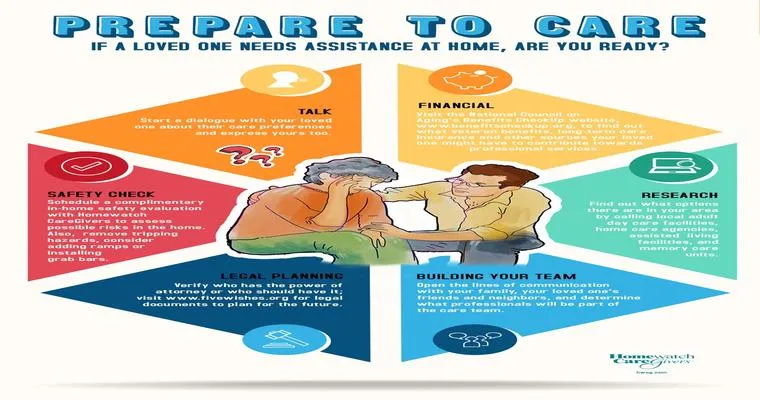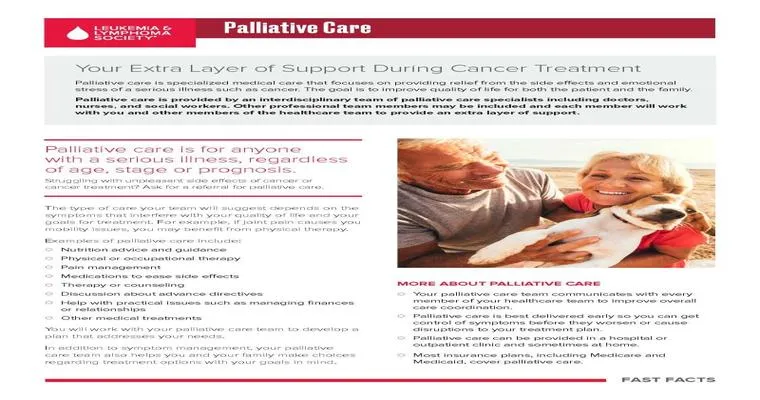When a "mother-in-law (MIL)" is faced with the decision to stay in "skilled nursing", it can be a challenging and emotional experience for everyone involved. Many families find themselves in situations where their loved ones may not fully grasp the reasons behind this necessary transition. This article offers practical advice for dealing with these concerns and ensuring your MIL feels supported during this time.
First and foremost, it is essential to approach the situation with empathy and understanding. Your MIL may feel a sense of loss of independence or fear of the unknown, which can lead to resistance against the idea of skilled nursing care. Take the time to listen to her concerns and validate her feelings. Acknowledge that it’s normal to feel apprehensive about moving to a new environment, especially when it involves healthcare needs.
One effective way to help your MIL understand the importance of staying in skilled nursing is to explain the benefits clearly. Skilled nursing facilities provide "24/7 medical care", which is crucial for individuals who may require ongoing rehabilitation or support due to chronic health conditions. Emphasize that the skilled nursing staff is trained to provide specialized care that can help her regain strength and improve her quality of life.
Additionally, you can reassure her that staying in skilled nursing does not mean she will lose her independence. Many facilities offer personalized care plans that respect individual preferences and promote autonomy. Encourage her to participate in social activities and therapies available at the facility, which can help her feel more engaged and connected.
If your MIL is still resistant, consider involving her in the decision-making process. Discuss her preferences regarding her care and living arrangements. Perhaps she can choose her room or participate in selecting activities she enjoys. This involvement can create a sense of ownership over her situation and make her feel more comfortable in her new environment.
It may also be beneficial to arrange visits from family members and friends. Regular visits can help combat feelings of loneliness and isolation, making skilled nursing feel more like a community. Creating a routine for these visits can provide your MIL with something to look forward to and reinforce her support system.
Lastly, educate yourself and your family about the services provided by skilled nursing facilities. The more knowledgeable you are about the care options and resources available, the better you can advocate for your MIL. This knowledge can help you answer her questions and alleviate her concerns, reinforcing the idea that skilled nursing is a temporary but necessary step toward recovery.
In summary, when your MIL doesn't understand why she has to stay in skilled nursing, approach the situation with compassion and clarity. By listening to her concerns, explaining the benefits, involving her in decisions, encouraging family visits, and educating yourself, you can help ease the transition and ensure she feels supported during this challenging time. You are not alone in this journey, and with patience and understanding, you can navigate this difficult situation together.





